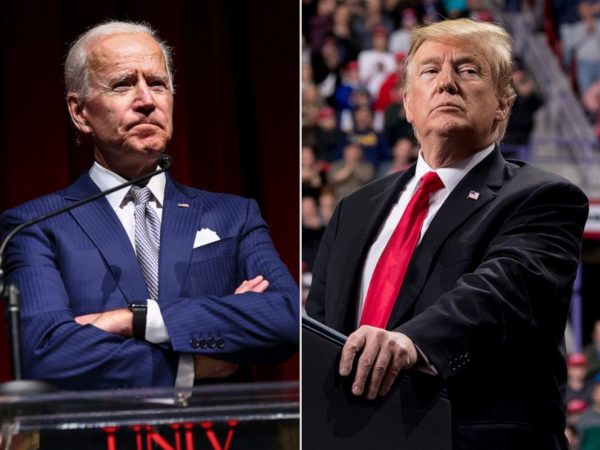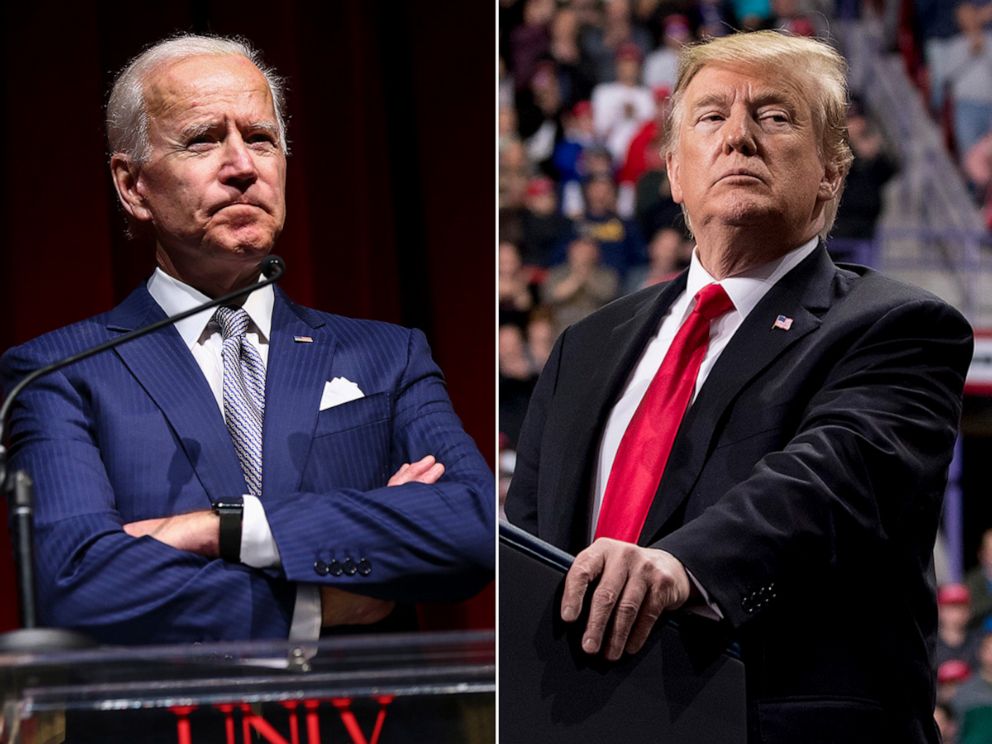
President Donald Trump has repeatedly called for the whistleblower who triggered the impeachment inquiry to be unmasked, ignoring a cease-and-desist warning.
On November 7, a lawyer for a whistleblower told the White House that President Trump’s rhetoric was placing his client and family in physical danger.
However, the president renewed his attacks on the whistleblower and lawyer on November 8.
The whistleblower’s identity has so far been fiercely guarded by Democrats.
In August he filed a report that eventually triggered impeachment proceeding against President Trump.
The report expressed concern over a phone call a month earlier in which President Trump asked his Ukrainian President Volodymyr Zelensky to investigate Joe Biden, a Democratic front-runner for the 2020 presidential election.
President Trump Impeachment: House Democrats Release Inquiry Guidelines
President Trump Impeachment: Marie Yovanovitch Testifies Before Congress
New Calls for President Trump’s Impeachment as Ex-White House Counsel Skips Congress Hearing
In the letter, sent to White House counsel Pat Cipollone, the whistleblower’s lawyer Andrew Bakaj cites many examples of Donald Trump’s “fixation” on the identity of his client in his comments to the media, at rallies and on Twitter.
Andrew Bakaj wrote: “Such statements seek to intimidate my client – and they have.”
The lawyer continued: “Should any harm befall any suspected named whistleblower or their family, the blame will rest squarely with your client.”
However, the next day, President Trump launched a fresh attack at the White House.
“The whistleblower is a disgrace to our country… and the whistleblower because of that should be revealed,” the president told reporters.
“And his lawyer who said the worst things possible two years ago, he should be sued, and maybe for treason.”
President Trump may have been referring to the whistleblower’s other lawyer, Mark Zaid, who has been under fire from the president’s allies over tweet posted in 2017 in which he vowed – among other things – to “get rid of him [Donald Trump]”.
Meanwhile, first daughter Ivanka Trump said in an interview with the Associated Press that she did not believe the whistleblower’s identity was “particularly relevant”.
“The whistleblower shouldn’t be a substantive part of the conversation,” Ivanka Trump said, adding that the person “did not have firsthand information”.
Ivanka Trump echoed her father’s view that the impeachment investigation was about “overturning the results of the 2016 election”.
Democrats have said the whistleblower’s identity is immaterial. They argue that the complaint, which alleges abuse of power by President Trump, has been substantiated by witness testimony to the impeachment committees.
The Democratic-controlled House of Representatives will next week hold televised hearings for the first time in this inquiry.
If the House eventually votes to impeach President Trump, the Republican-controlled Senate will hold a trial of the president.
If President Trump is convicted – which is widely viewed at present as unlikely – he would be removed from office.
